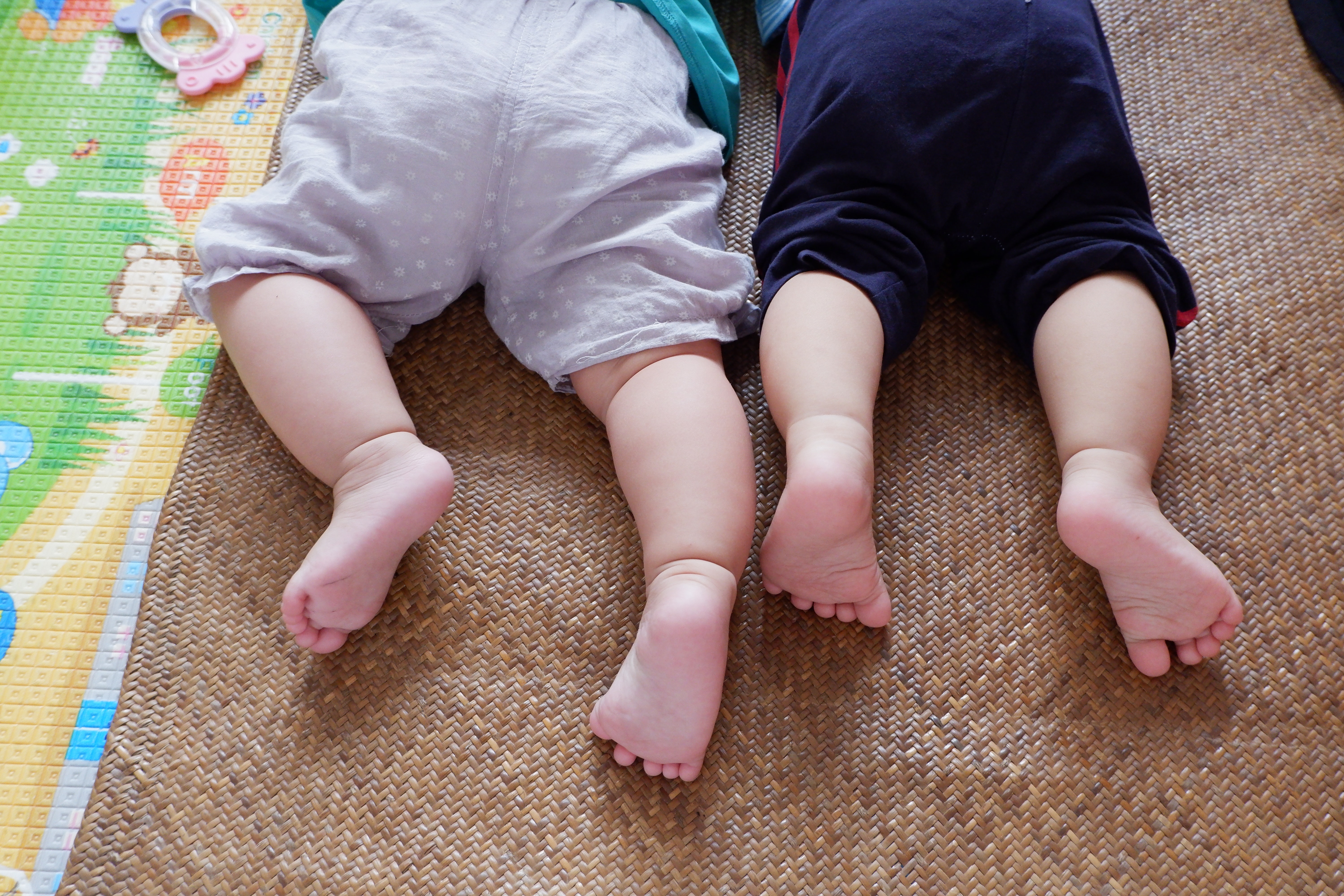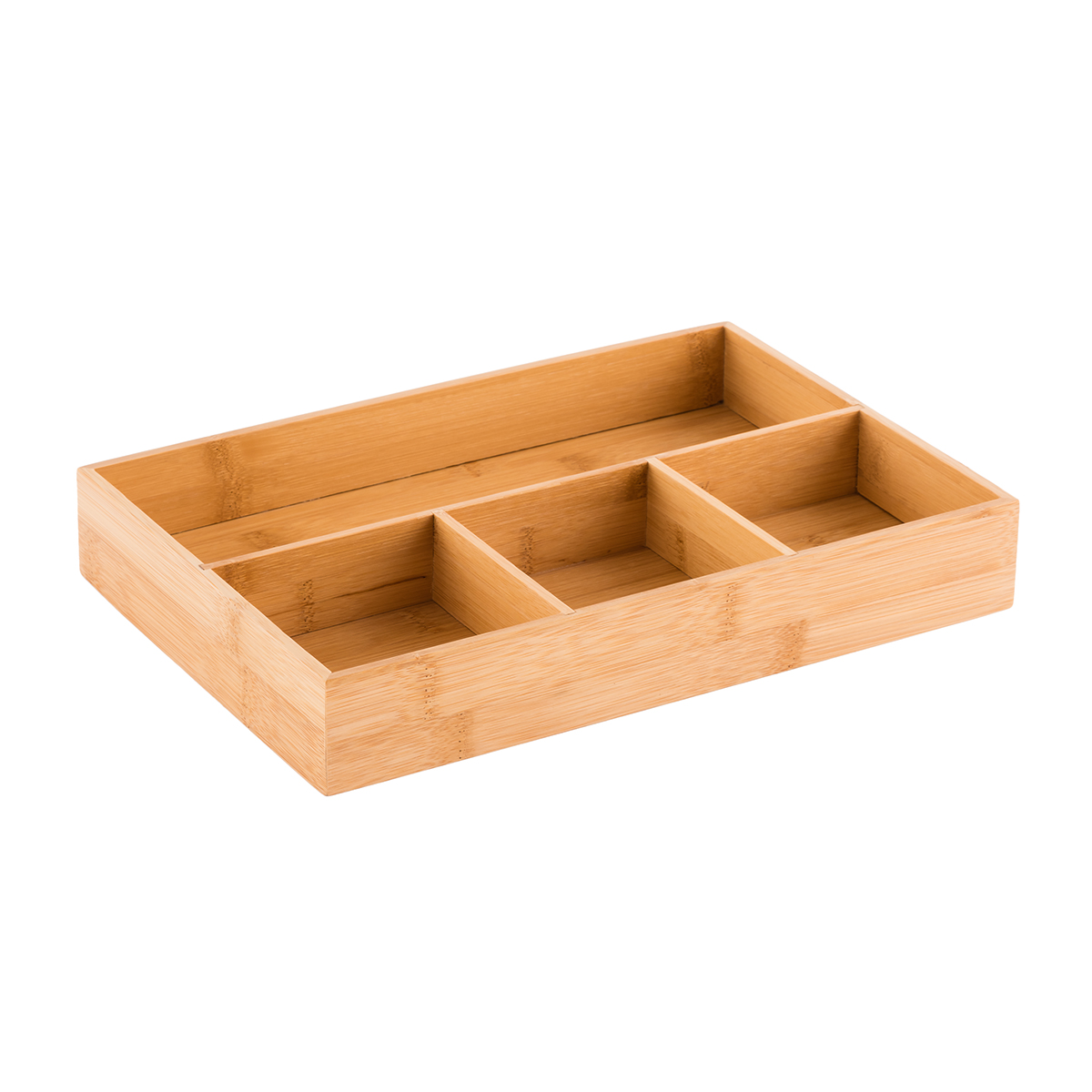Being Organized by Creating a System
Having a baby changes your life, and having two babies completely changes it! Many parents feel overwhelmed when their baby arrives, finding it hard to complete simple daily tasks like grocery shopping, cooking, and cleaning while a tiny dictator screams at them until they’re fed on the hour, every hour. Not to mention, when you’re sleep deprived, it’s hard to remember what exactly you need to buy and do to keep home life going.
So, aside from help from friends and family, I believe the only way a parent can stay sane is to be organized by creating a system. Babies happen to thrive with predictable routines, too, so being organized benefits children as much as parents. And yes, you can stay organized when you have twins (or triplets, for that matter!).
Having twins has really tested my organizational abilities. I’m happy to say that being organized and skilled at creating routines and systems has not only kept my two babies (now toddlers) on the same eating and sleeping schedule, but my home has remained consistently clean, organized, and peaceful (well, as peaceful as can be when two two-year-olds are running through it).
Document Everything
The most important tool I had was a simple binder that held our schedule and our eating/sleeping/pooping chart. Yes! As a parent you want to document how many times a day your baby poops–get used to it! 🙂 But it’s important to have a printed document that anyone can write in — like the aunt or grandma who happens to be over to help with your baby. Apps are great, so if you like using apps that your partner or relatives can log into, that works too. I prefer printed paper in this case. The chart remained on our kitchen counter and allowed every adult to stay abreast of each baby’s eating, sleeping, and diaper habits to know when the next feeding or nap needed to be.

I printed out 14 feeding/eating/pooping charts at a time, so every two weeks I would print, hole punch, and put into my binder.

The chart not only helped us remember — because we’d written it down — when each baby had been fed, how much they ate, and when they pooped and slept, but it was a great place to write notes, like if we had to give a baby medicine at night and how much and what time. You can’t store all that in your brain, and it’s risky to try when you’re responsible for such tiny fragile humans.
The next important document in my very important binder is our schedule. Every three-to-six months for the first two years of life, a baby’s schedule will change. Below you can see the difference in schedules for a 3, 6, 9, and 12 month old. I also included my daily and weekly to-do lists so that my brain didn’t have to remember important tasks. If it is written down, you can clear your brain for other very important information. And trust me, when you have one or more babies, you need lots of brain space!
Daily Schedule & Tasks



Again, writing down lists of tasks that need to be done daily, weekly, or monthly, as well as writing down activities or meals, really helps your day go smoothly, helps you feel less overwhelmed, and also is a great guide for anyone who needs to step into your role to take care of your child.
And the final way I was able to stay organized was by creating a Master Schedule of my days and weeks.
Master Schedule
The schedule didn’t necessarily mean I sat down at an exact hour to read to my babies, or forced them to do art lessons after nap; rather than it being a rigid schedule, it was a flexible routine that allowed me to stick to certain time frames to keep us all happy.
I knew that if I left the house too late to go for a morning walk, one baby might fall asleep in the stroller and completely ruin their morning nap. Which also meant I wouldn’t get a shower in! Having a schedule doesn’t mean you have to obsessively stick to it and make your life and your family’s life miserable; it just means you are creating a system within certain time frames to help your day go more smoothly, and to keep everyone happy and at peace.

Minimal Stuff & Documenting Routines
Ultimately, the key to staying organized when you are a parent to one, two, three, or more children is to WRITE DOWN EVERYTHING! Create a routine or flexible schedule, list your necessary daily and weekly tasks, and refer to your printed documents so that you don’t forget what you need to do and when you need to do it.
And, of course, to keep your home organized, it’s easiest to have minimal things. Babies and toddlers truly don’t need much. Of course, you can never have too many books. Books are great! But you don’t need many toys. For the first two years of life, babies and toddlers love exploring what you already own in your home, and they love dirt, water, sand, rocks, and anything they can but shouldn’t put into their mouths! 🙂
I hope this helps you stay happy and sane while taking care of one or more babies!
The best way to keep your spaces clean, tidy, and organized is by reducing your stuff. Sure. We all know that by now, right? But sometimes, we…
Moving. I’ve written about it before, but this time it’s different. This time, I had a moving plan that would ensure a stress-free move, but alas: plans…
Being organized in your daily life benefits you not only in visual ways (tidy office, tidy house), but also in terms of health. A lot of our…
Everybody likes to be organized and everybody needs to be organized. But everybody’s idea of being organized is different. Some people like color-coded boxes and bins;…
Have you ever searched online for a Spring Cleaning Checklist only to feel totally overwhelmed, which causes you just throw your computer across the room and go…










